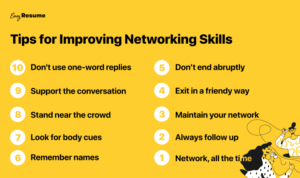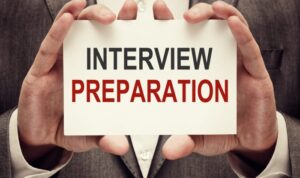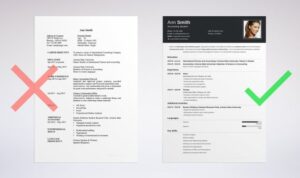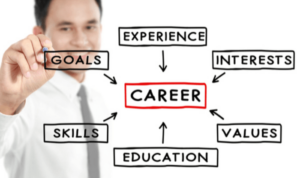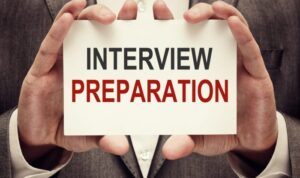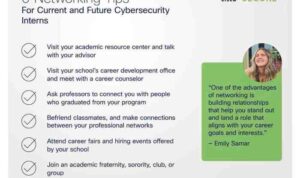Job Interview Preparation is key to landing your dream job. From researching the company to nailing common interview questions, this guide will help you shine bright like a diamond.
Get ready to step up your interview game and impress those hiring managers with your style and skills.
Introduction to Job Interview Preparation
Preparing for a job interview is crucial for landing your dream job. It allows you to showcase your skills, experience, and personality in the best possible light. Being well-prepared can make a significant difference in how you present yourself and how you handle tough questions during the interview.
Importance of Job Interview Preparation
- Researching the company and position: Understanding the company’s values, mission, and the specific role you are applying for can demonstrate your genuine interest and enthusiasm.
- Practicing common interview questions: Rehearsing your responses to common interview questions can help you articulate your thoughts clearly and confidently.
- Dressing appropriately: Choosing the right outfit can boost your confidence and leave a positive first impression on your potential employers.
Benefits of Being Well-Prepared
- Increased confidence: Knowing that you have prepared thoroughly can help calm your nerves and allow you to focus on showcasing your qualifications.
- Improved performance: Being well-prepared can help you provide thoughtful and relevant answers to the interviewer’s questions, making you stand out as a strong candidate.
- Higher chances of success: By preparing effectively, you demonstrate your commitment and dedication to the job, increasing your chances of securing the position.
Boosting Confidence During an Interview
- Practicing mock interviews: Conducting mock interviews with friends or mentors can help you simulate the interview experience and identify areas for improvement.
- Visualizing success: Picture yourself acing the interview and receiving a job offer, which can help boost your confidence and motivation.
- Positive self-talk: Encouraging yourself with positive affirmations can help you stay focused and confident throughout the interview process.
Key Elements to Consider in Job Interview Preparation
- Resume review: Ensure your resume is up-to-date, error-free, and tailored to the job you are applying for.
- Research the company: Familiarize yourself with the company’s history, culture, and recent projects to show your interest and knowledge during the interview.
- Prepare questions: Have thoughtful questions ready to ask the interviewer to demonstrate your engagement and interest in the position.
Researching the Company: Job Interview Preparation
When preparing for a job interview, it is crucial to research the company you are interviewing with to demonstrate your interest and knowledge about the organization. This not only helps you understand the company’s values and culture but also allows you to tailor your responses during the interview to align with the company’s goals and mission.
Key Information to Gather
- Company history and background
- Products or services offered
- Recent news or press releases
- Company culture and values
- Key competitors in the industry
Tailoring Responses
- Referencing specific projects or initiatives the company has undertaken
- Showcasing how your skills and experience align with the company’s needs
- Demonstrating your understanding of the company’s industry and market position
Methods for Effective Research
- Visit the company’s website and social media profiles
- Read recent articles and news related to the company
- Look for employee reviews on platforms like Glassdoor
- Network with current or former employees for insights
Understanding the Job Role
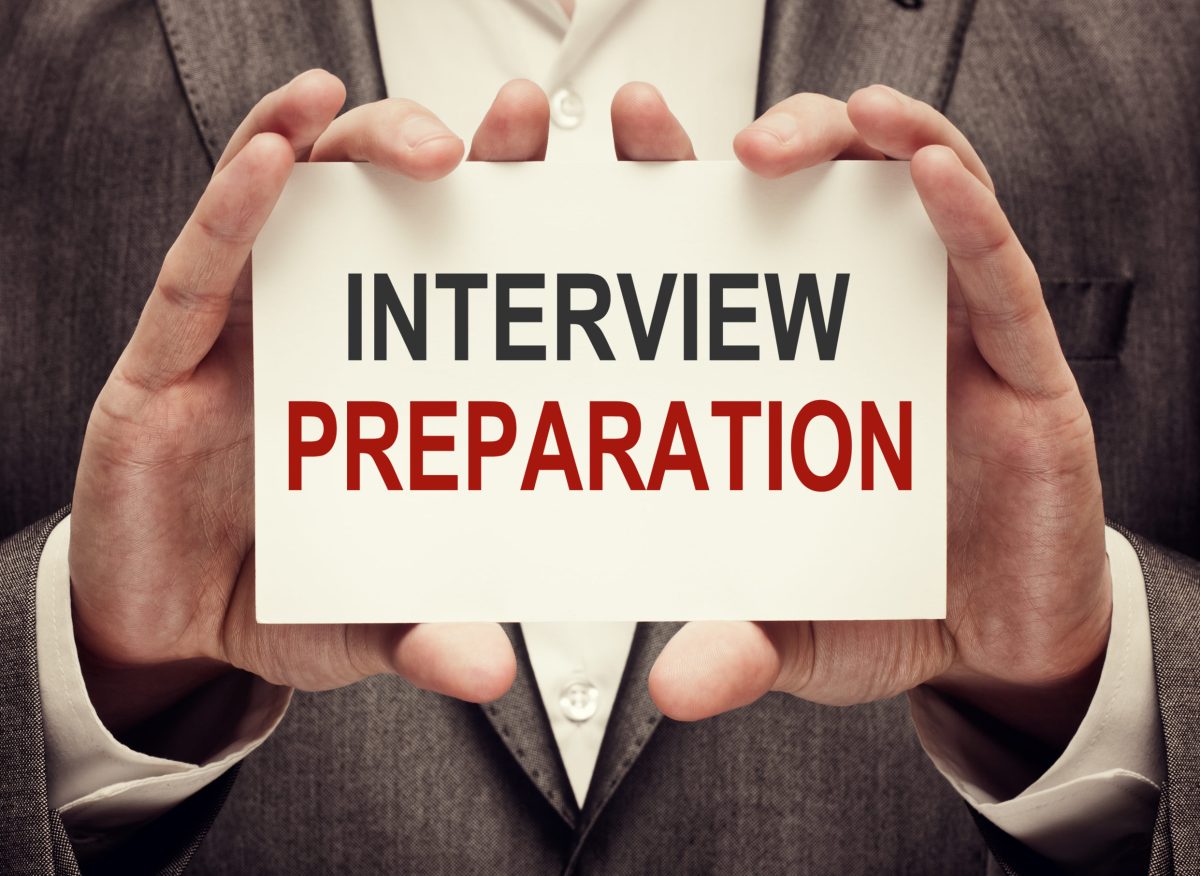
When preparing for a job interview, understanding the job role is crucial to showcase your qualifications effectively and align yourself with the company’s needs.
Analyzing the Job Description
- Read the job description thoroughly to identify key responsibilities and required skills.
- Highlight s related to qualifications, experience, and specific tasks mentioned.
- Make a list of your own experiences that match the requirements listed in the job description.
Aligning Skills and Experiences
- Match your skills and experiences with the job requirements to demonstrate your fit for the position.
- Provide specific examples from your past work or projects that showcase your abilities in line with the job role.
- Emphasize how your strengths can contribute to the company’s goals and objectives.
Answering Interview Questions
- Use your understanding of the job role to craft responses that directly address the company’s needs.
- Prepare examples and stories that illustrate how you have successfully handled similar tasks in the past.
- Connect your experiences to the job requirements to demonstrate your qualifications effectively.
Practicing Common Interview Questions
Practicing common interview questions is crucial in preparing for a job interview. It helps candidates become more confident, articulate, and prepared to handle various scenarios during the interview process.
Examples of Typical Interview Questions
- “Can you tell me about yourself?”
- “What are your strengths and weaknesses?”
- “Why do you want to work for our company?”
- “Where do you see yourself in five years?”
- “How do you handle pressure or stressful situations?”
Techniques for Structuring and Delivering Effective Responses
- Start by clearly understanding the question before answering.
- Use the STAR method (Situation, Task, Action, Result) to structure your responses.
- Provide specific examples and quantify your achievements when possible.
- Practice active listening and maintain good eye contact with the interviewer.
Benefits of Mock Interviews
- Mock interviews help simulate real interview conditions and prepare candidates for different types of questions.
- Receive feedback on your responses, body language, and overall presentation from mock interviewers.
- Identify areas for improvement and work on refining your answers for better performance during the actual interview.
- Boost confidence and reduce anxiety by gaining experience and familiarity with common interview questions.
Dressing and Grooming
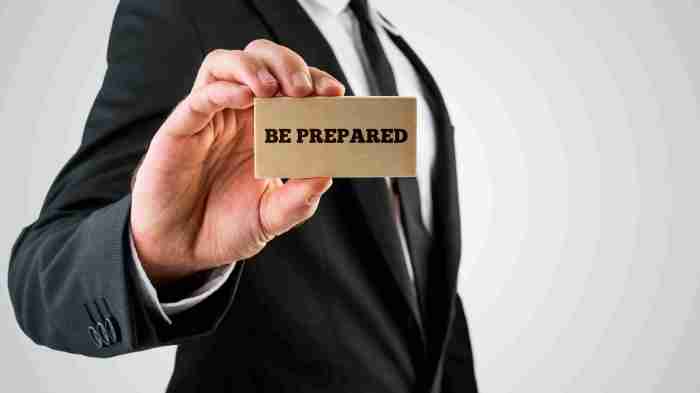
When it comes to a job interview, dressing appropriately and grooming yourself well can make a significant impact on your first impression. Your attire and personal presentation are crucial in showcasing your professionalism and respect for the opportunity.
Choosing the Right Attire
- Research the company culture: Understand the dress code of the company and try to match it with your outfit.
- Formal interviews: Opt for a business professional attire, such as a suit, dress pants, and a button-down shirt.
- Business casual interviews: A smart casual look with khakis or slacks paired with a collared shirt or blouse can be appropriate.
- Creative industries: In more creative fields, you can show some personality with your attire, but still keep it polished and professional.
Importance of Grooming
Grooming is just as essential as your attire when it comes to making a positive impression. Here are some grooming tips to consider:
- Maintain good personal hygiene: Ensure you are clean and fresh for the interview.
- Neat hair and nails: Keep your hair well-groomed and nails trimmed and clean.
- Minimal accessories: Avoid wearing excessive jewelry or accessories that can distract from your overall look.
Making a Positive First Impression
Your attire and grooming play a crucial role in making a positive first impression. Here are some tips to help you nail your look:
- Iron your clothes: Ensure your outfit is wrinkle-free and well-pressed.
- Choose neutral colors: Opt for neutral colors like black, navy, or gray for a professional and versatile look.
- Comfort is key: Make sure your outfit fits well and you feel comfortable and confident in it.
- Pay attention to details: Small details like clean shoes, a watch, or a subtle perfume can enhance your overall appearance.
Body Language and Non-verbal Communication
Body language and non-verbal communication play a crucial role in making a positive impression during a job interview. Your gestures, posture, and eye contact can convey confidence, professionalism, and interest in the position.
Positive Body Language Practices
- Maintain good posture by sitting up straight and avoiding slouching. This shows attentiveness and engagement.
- Make eye contact with the interviewer to demonstrate confidence and sincerity. Avoid staring, but aim for a natural level of eye contact.
- Use hand gestures to emphasize points, but avoid excessive movements that may come across as distracting or nervous.
- Smile genuinely to show warmth and approachability. A friendly demeanor can help build rapport with the interviewer.
Influence of Non-verbal Communication, Job Interview Preparation
Non-verbal cues such as body language, facial expressions, and tone of voice can significantly impact how the interviewer perceives you. Positive non-verbal communication can enhance your verbal responses and overall impression, while negative cues may create doubts or misinterpretations.
Tips for Maintaining Good Posture and Gestures
- Sit up straight with your back against the chair and feet flat on the floor to convey confidence and professionalism.
- Avoid crossing your arms, as it can signal defensiveness or closed-off behavior. Keep your hands visible and use them purposefully to enhance your communication.
- Practice mirroring the interviewer’s body language subtly to build rapport and establish a connection.
- Remember to nod occasionally to show active listening and engagement in the conversation.







